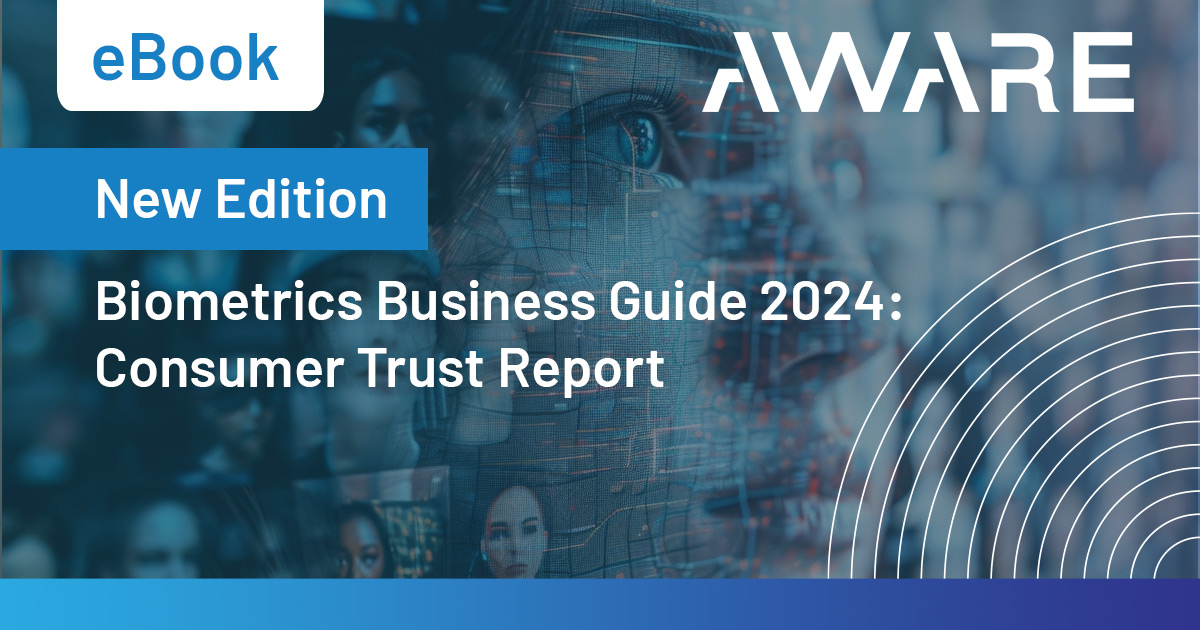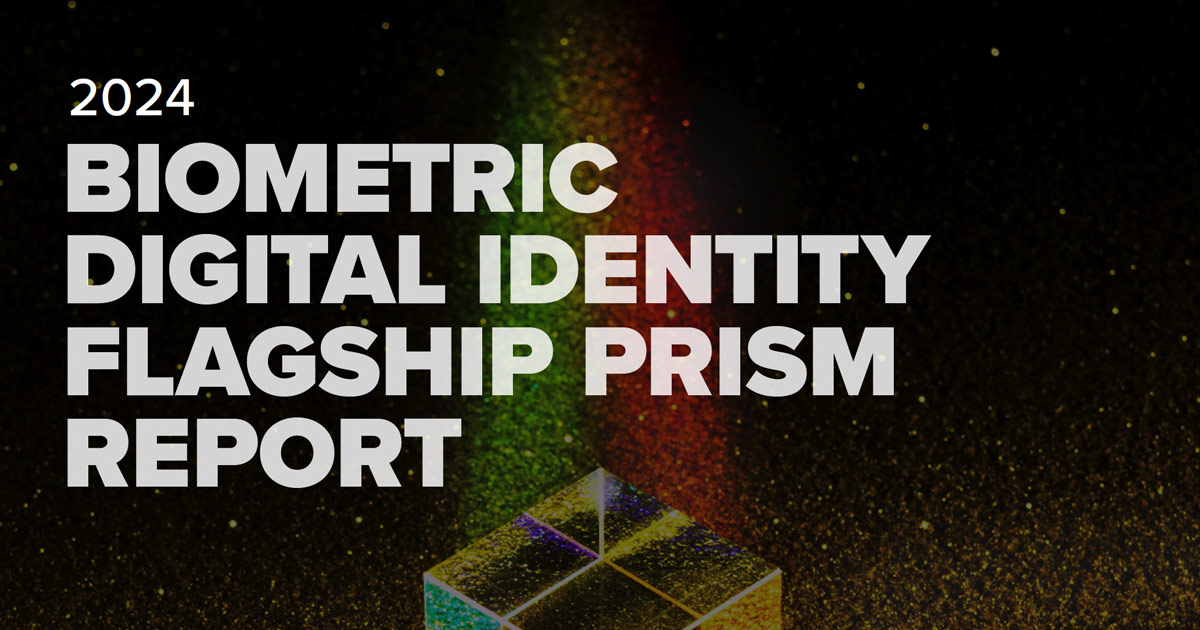Trying Your Hand at Investing in Online Wagering? Here’s What You Need to Know
By Bob Eckel
This article first appeared on Nasdaq.com.

Wall Street has been closely watching the battles brewing for market dominance in the broader online wagering industry. Irish-based Flutter, parent company of FanDuel in the U.S., recently sparked even more interest by announcing they would go public in early 2024. Online wagering, including gambling and sports betting, has been picking up steam ever since the U.S. Supreme Court legalized FanDuel in May 2018. Since then, more and more states have been legalizing it; the floodgates are open and investors and gamblers alike are looking to take advantage.
However, it’s also an industry that’s heavily saturated and competitive, and comes with significant challenges – including strict regulations, data security concerns and an increasing focus on responsible gambling. So what are some key things to look for when evaluating prospects for your portfolio? Which players are most apt to not only survive – but thrive?
Compliance with Regulations
Regulations vary by country and state, and the leading entities in this space will master adherence to a diverse set of regulatory frameworks. A platform’s ability to determine identities with just about perfect accuracy – being able to provide an undeniable answer to the question, “who is this?” – is a critical underpinning of various forms of compliance.
For example, is the person placing bets and engaging with the gaming platform the authorized enlisted user? Where is he or she based? As Western Europe is the fastest-growing market for online gambling, these platforms will need to know this, as certain players’ data will be subject to GDPR compliance. Is this person of legal gambling age? Compliance with age requirements makes foolproof age verification critical in any industry that is restricted to minors. It may be far too easy in a digital environment for underage imposters to pass using false forms of identification, making it imperative to put advanced verification mechanisms like biometrics into place.
Data Security
Over the years, recent surveys have revealed the extent to which consumers have become disenchanted with traditional authentication techniques such as passwords. The drawbacks to passwords have been understood and acknowledged for years – they are easy to forget and a source of annoyance, while also being weak and prone to theft and loss. In the financial services industry (for example, personal finance, digital banking and investment trading mobile apps), there is a particularly strong dislike of passwords, given the importance of intuitive, friction-free access to one’s investments. We can assume that users of online gambling apps and services, who are dealing with their money, are going to feel the same way.
In online wagering – especially in instances where time is of the essence – delivering paramount data security combined with the utmost in convenience is the holy grail. Companies in this area that make certain only authorized users can access their accounts and conduct financial transactions, while supporting faster times to play and monetization, will enjoy a competitive edge and a reputation for ensuring fairness.
Responsible Gaming Practices
Much like the traditional in-person gambling industry, online wagering is working hard to support responsible gaming practices, including helping those struggling with addiction. In-person casinos in Europe are making great strides in this area through “self-exclusion” programs. These programs require participants to submit a facial image so that casinos can detect when they may be attempting to enter the premises and can deny these individuals entrance, even when they attempt to evade detection by changing their appearance – for example, wearing a wig or eyewear, or applying makeup.
Self-exclusion programs are gaining traction in the United States, and as online gambling continues to grow, keep an eye out for those companies with mechanisms in place to offer similar support for responsible gaming in an online setting. For example, an online wagering company may use biometrics to monitor behaviors and track patterns to identify potential addiction issues (which includes making sure that the same person is not trying to open multiple accounts under different identities). The authentication can also prohibit someone who may have hit a deposit limit from trying to impersonate someone else to open a new account.
With an expected CAGR of 12 percent for 2023 – 2030, online gambling is a market that’s surely set for expansion. But it’s a crowded space, and the road to success can be riddled with obstacles. As you evaluate potential investments, mastery of compliance, data security and support for responsible gaming are all vital characteristics to consider.


